Found 34 movies, 2 TV shows, and 0 people
Can't find what you're looking for?
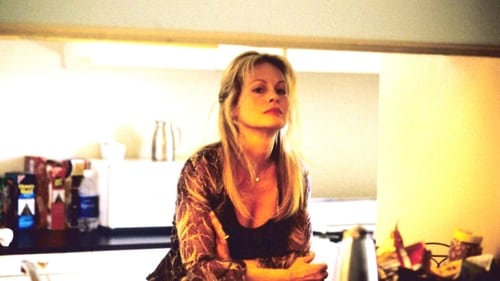
Three women in Hollywood talk to the camera one summer (with a coda six months later). Sara is a casting director; her soliloquies are addressed to Samson (her blind infant son) and to Holly Hunter. She talks about her husband's refusal to touch their son and her discovery of his affair. Gina is a masseuse - blithe, solipsistic, scheming to steal the energy of Hollywood players. She frequently refers to her dead sister Wanda, kidnaped by their father. Phyllis, sexually abused by her father when a teen, addresses her son Eric. She's a producer, working on remaking Pasolini's "Teorema." As the project falls apart, so does she. All three hum or sing, "You made me love you."
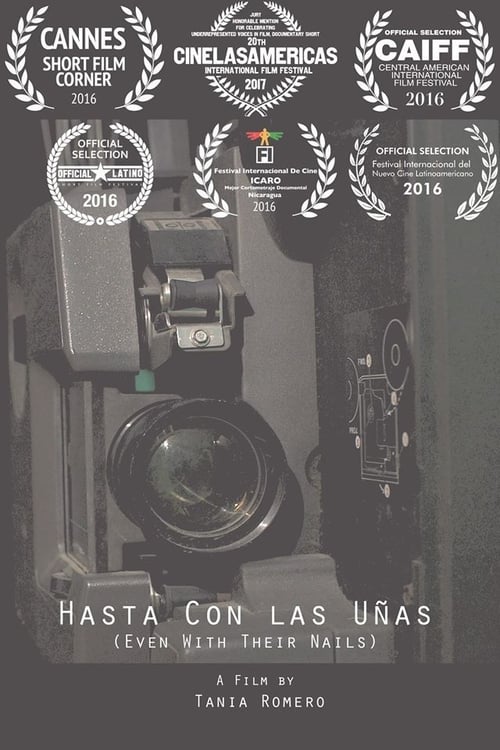
Film production in Nicaragua prevails despite the lack of a film industry. This documentary explores the role of women filmmakers in continuing this art form and their passion to mobilize production efforts since the end of Incine, the only film industry.

Cultural historian Janina Ramirez presents a collection of intriguing and exciting short films by emerging women directors and artists. Each film gives a female perspective on modern-day topics from body image and new love to grief and belonging. Expect honest and refreshing storytelling that will make you laugh, make you cry and make you think. In a Room Full of Sisters; Blood Stains; Bridging the Gap; Cake; Ding-Ding, Next; Fruity; In Perpetuum; Owulide; White Dwarf; Cosmic Domestic; The Dead Are Jewels to Me; The Presence of Absence

Profile of four independent women filmmakers: Joanna Davis, Tina Keane, Annabel Nicolson and Lis Rhodes, who are shown at work with Felicity Sparrow of Circles, the Women's distribution group which they helped to found. They relate the struggle for a new cinema to the wider aims of the women's movement.
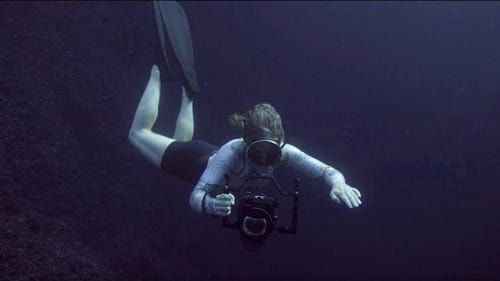
At last we are starting to hear the voice of women in the cinema. We celebrate it with this documentary on the Basque women moviemakers of yesterday and today, giving a global overview of the subject. Three female divers guide us through the topic of their films, their points of view, their dreams, their efforts to get somewhere, their contribution to the cinema and to society.

Women in West London Film Laboratories documents the bittersweet experience of women in West London film laboratories. It is the first and might be the last attempt to visually record the lives of lab women.
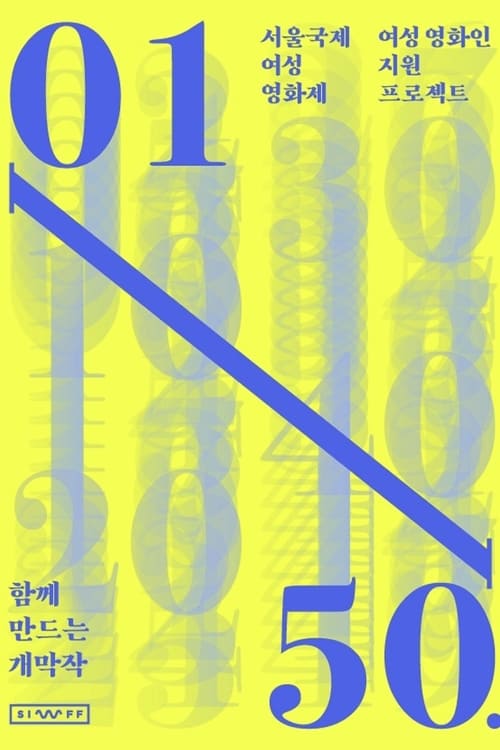
No description available for this movie.

From 1896 to 1927, over 80 women directed films worldwide.

This documentary focuses on a group of women artists, photographers, musicians and actresses who express their hopes in the Arab Spring of 2011 through their crafts. Not only do we get a look at modern day Cairo, Egypt, we also examine the challenges women face there.
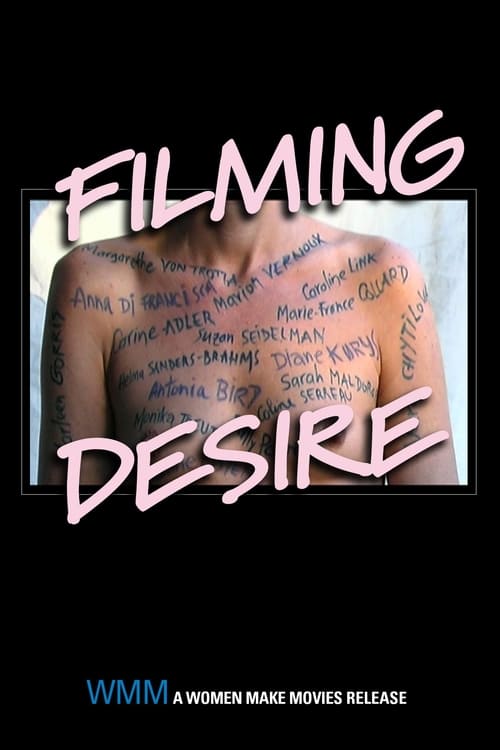
The film consists largely of a series of interviews with female filmmakers from several different countries and filmmaking eras. Some, such as Agnès Varda and Catherine Breillat (both from France), have been making films for decades in a conscious effort to provide an alternative to the male filmmaking model; others, such as Moufida Tlatli (Tunisia) and Carine Adler (England), are relative newcomers to directing, and their approaches seem more personal and less political. The film as a whole manages to cover some important topics in the feminist debate about film -- how does one construct a female gaze, how can one film nude bodies without objectifying the actors (of either sex), what constitutes a strong female role -- while also making it clear that “women’s film” comprises as many different approaches to filmmaking as there are female filmmakers.
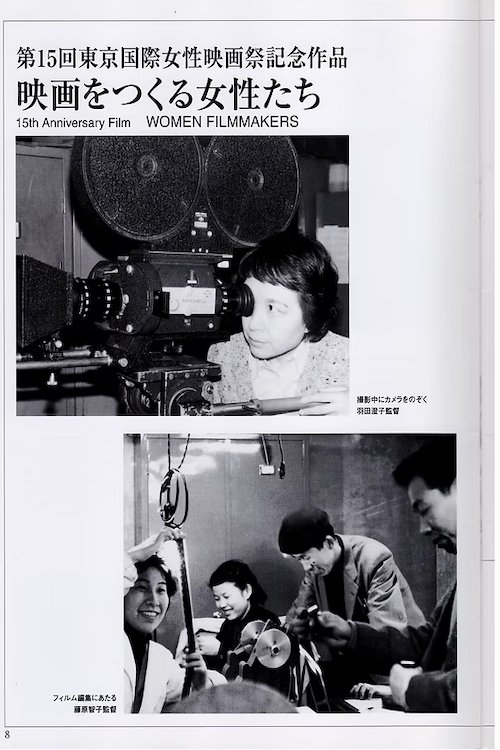
No description available for this movie.
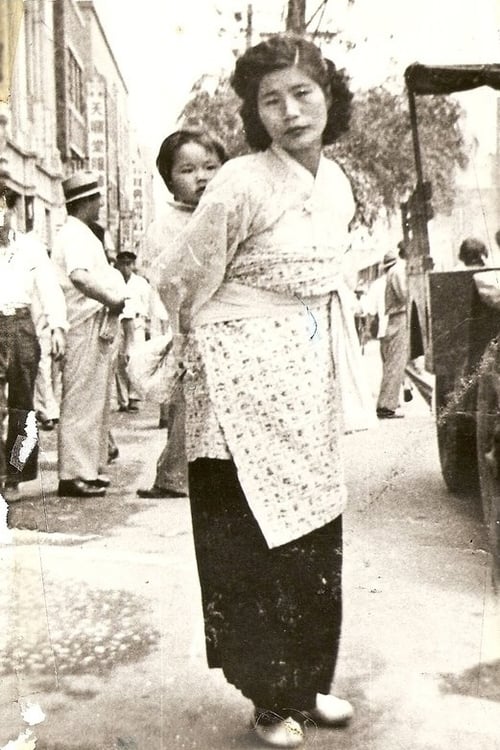
Keeping the Vision Alive is a documentary film containing the voices and images of Korean women filmmakers-both senior filmmakers and also the peers of director Yim. The film is Yim’s homage to both contemporary Korean women filmmakers, written by a filmmaker of the same age, and also to the history of women filmmakers in Korea. Yim does not reveal her own voice or opinion and lets the voices and images of the filmmakers speak for themselves through a non-interventionist camera. From the pioneers, Park Nam-ok, and Hwang Hye-mi, who directed First Experience in 70’s, to recent filmmakers, Byun Young-joo and Jang Hee-sun, the film traces their experiences, troubles, concerns and thoughts as women and women filmmakers. Keeping the Vision Alive calmly and enthusiastically encourages and celebrates the struggles, the resistance and the survival of women filmmakers in a conservative Korean film industry and a male-dominated and sexist social system. (Kwon Eun-sun)
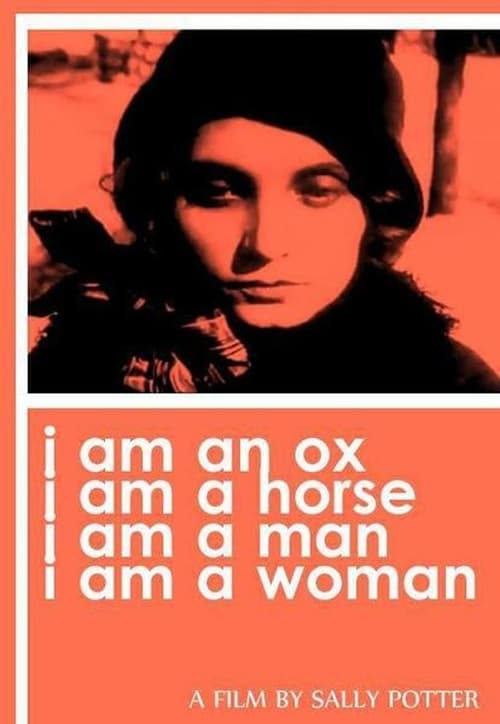
This glasnost-era documentary, which incorporates footage from films from the 1920s through the 1980s, looks at the history of women in Russian cinema through the eyes of Russian women directors, actors, and scriptwriters. The film’s title refers to a WWII slogan about women doing the work of absent men in the fields and at home. Featuring Kira Muratova, Natalia Ryazantseva, Inna Churikova, Nonna Mordyukova, and others.

Sparked by a public display of sexual harassment in 2012, GTFO pries open the video game world to explore a 20 billion dollar industry riddled with discrimination and misogyny. Every year, the gaming community grows increasingly diverse. This has led to a clash of values and women are receiving the brunt of the consequences every day, with acts of harassment ranging from name calling to death threats. Through interviews with video game creators, journalists, and academics, GTFO paints a complex picture of the video game industry, while revealing the systemic and human motivations behind acts of harassment. GTFO begins the conversation that will shape the future of the video game world.
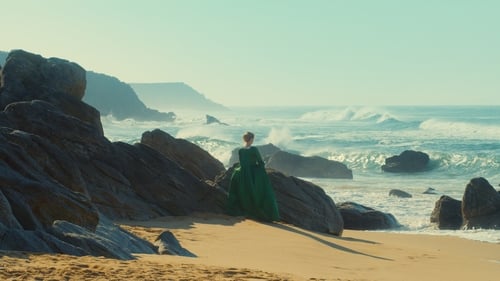
On an isolated island in Brittany at the end of the eighteenth century, a female painter is obliged to paint a wedding portrait of a young woman.
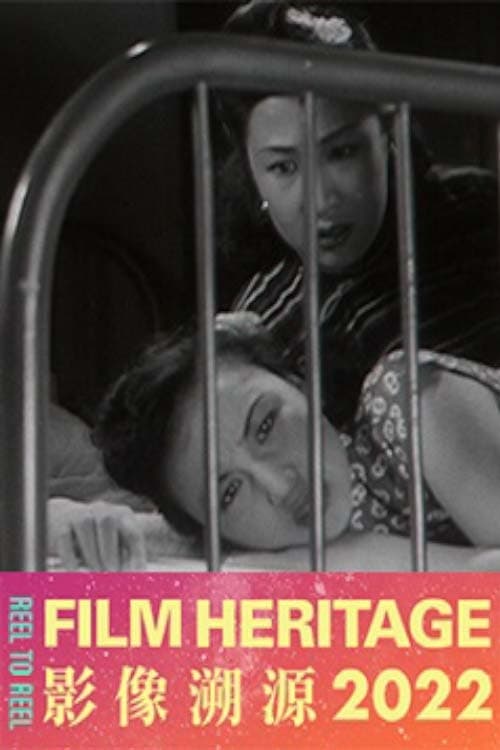
The Goddess (1934) is remade once again. In this version, Zhu Shilin tackles the anxiety concerning the clash of 20th century Chinese traditions and modern Western culture. Despite her father’s strict discipline, Fun still manages to have a boyfriend secretly and give birth to twins. After leaving her son to her father, she takes off with her daughter. Twenty years later, Fun has become a streetwalker. The three generations finally come face-to-face at the police station. Her father laments that his generation should be ousted while Fun’s generation has been sacrificed, leaving the future for the next generation to establish. Zhu carefully depicts the shame of selling one’s body without passing judgment while he finds balance and reflects on the pain in the age of progress. Even though the production was far from lavish, Zhu’s astute handling of the narrative and mise-en-scène makes this a vivid and exciting film to watch.
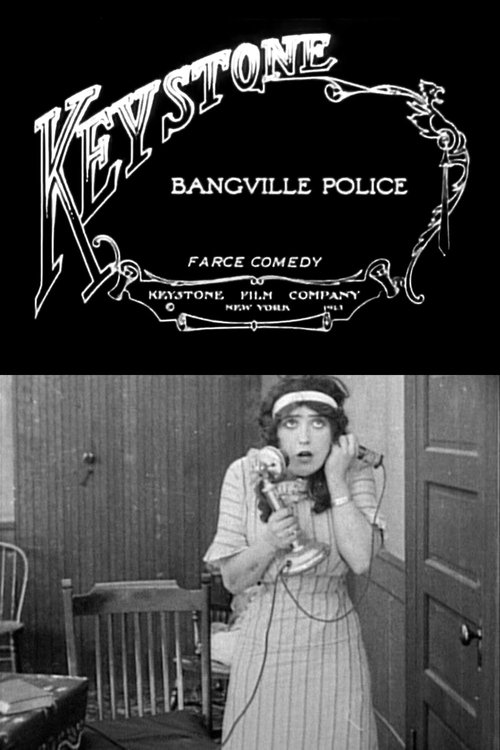
A young farm maid overhears two cow-hands talking in the barn, and she becomes convinced they’re about to rob her. She barricades herself in a room and calls the police. Her call wakes the chief, who rallies the country justice constabulary and they set off toward the farm, in steam-car and on foot. Meanwhile, the maiden’s parents rush to save her. Everything points toward a showdown in the barn, where no one, including the police force, will be cowed.
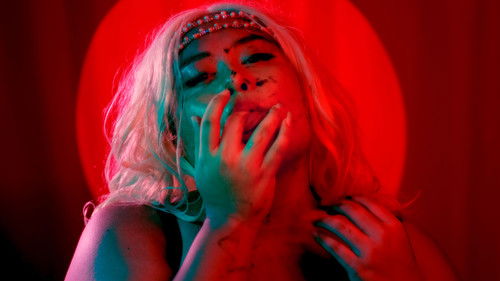
DIVA! is the voice of the unrestrained feminine. Our love letter to self-expression and autonomy.
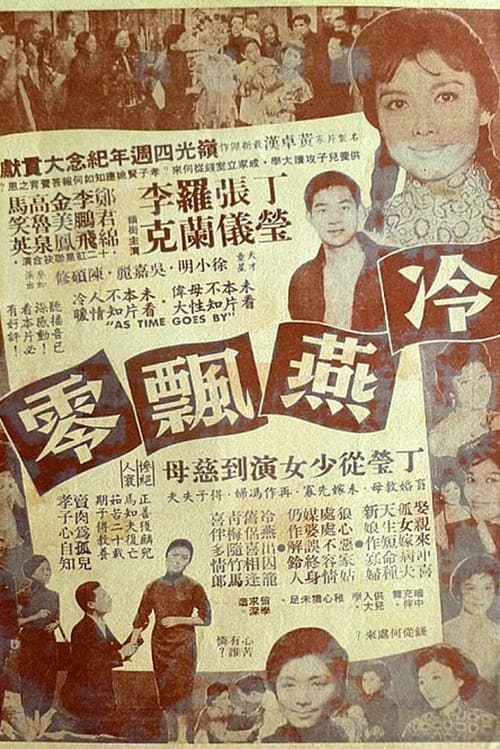
Yuk Yin's father dies and her mother remarries to settle the debts. Yuk Yin lives with Auntie Wong. From then on, Chi Hung, Auntie Wong's son and Yuk Yin live and play together. But the Wongs move away. Yuk Yin stays with her mother. Her stepfather is mercenary. When Yuk Yin grows up, he pushes her to get married to get money. Considering her daughter's future, Yuk Yin's mother sends her away. Yuk Yin works in a restaurant. When she learns that her mother is ill, she marries a dying rich young man to get money for her mother's treatment. After her mother's death, Yuk Yin gets married immediately, but her husband dies on the wedding night. Her mother-in-law sees this as unauspicious and expels Yuk Yin. Later, Yuk Yin chances upon Chi Hung. They are still in love. They married and have a son Kwok Wah. But Chi Hung dies. Yuk Yin works as a dance girl to support their living. Kwok Wah grows up and cannot accept his mother's job. But soon he understands that she is respectable.
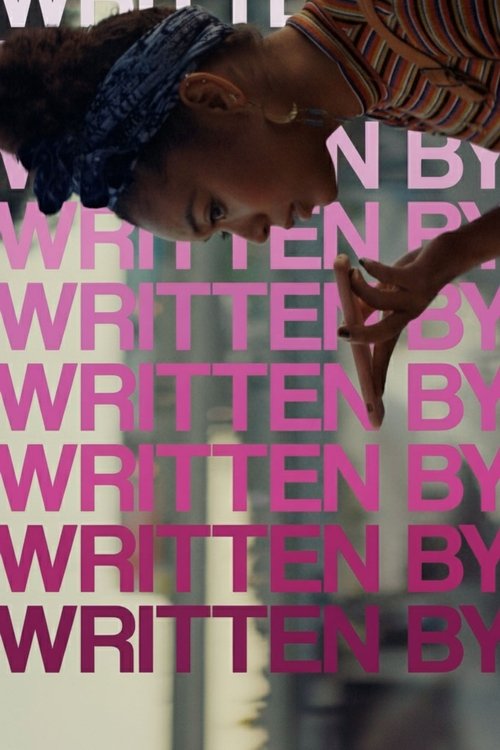
What do fictional characters do with the rest of their lives, once their stories have been told? This charmingly offbeat, deadpan fantasy attempts to answer that question.

A verité legal drama about Judge Kholoud Al-Faqih, the first woman appointed to a Shari'a court in the Middle East, whose career provides rare insights into both Islamic law and gendered justice.

This short documentary sifts through the pages of a woman's diary who has recently begun to write her memoir. As she looks back at her life and some of her memories, the film explores the ordinary act of writing and the value and meaning it may hold in mundane everyday life.
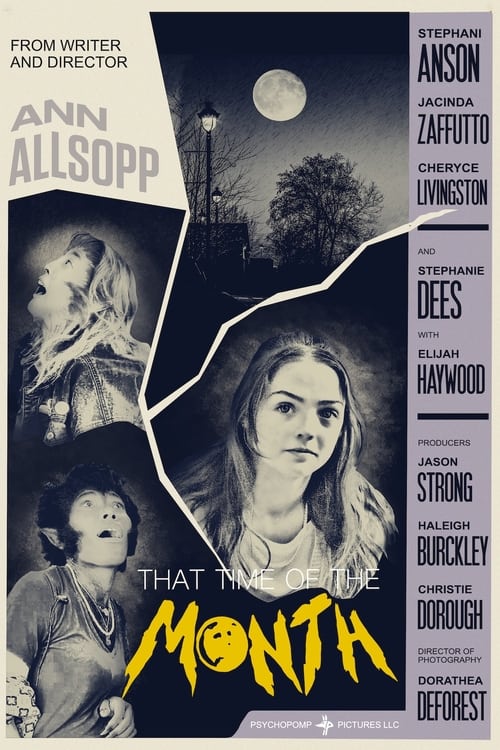
A murder investigation takes a reporter and her cameraman to the house of three women roommates, who turn out to be werewolves.
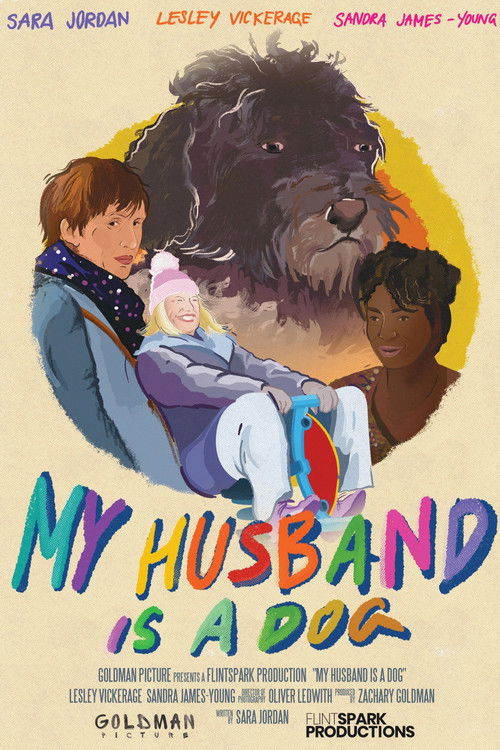
A black comedy following the reunion of a widow and her dead husband who has been reincarnated as an adorable dog.
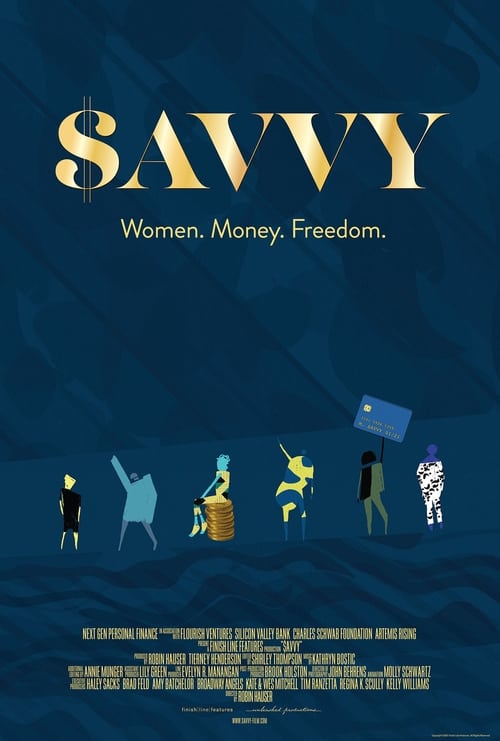
$avy investigates the historical, cultural, and societal norms around women and money.
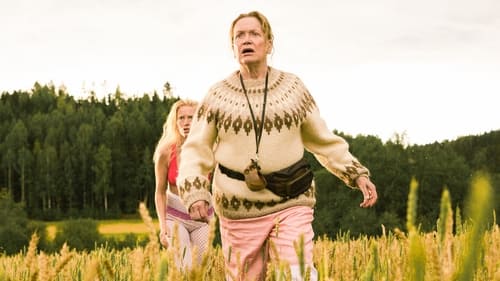
A woman wakes up on a beach tied in a plastic press wearing only underwear and high heels. “Not again”, she sighs and decides to track down the enemy and strike back. She gets a companion from an older woman, who has been pushed to the borders of society. During their journey through classical cinematic landscapes these nameless women from different generations struggle to connect and understand each other’s perspectives while their passion for men and male attention gets in away.

Hajar is a 55-years-old Bahktiari woman from Iran who is betrayed by her family and forced to abandon her nomadic lifestyle. Climate change, urbanization and social issues have drastically diminished the traditional migratory activities of the Bakhtiari tribe from Southwestern Iran.
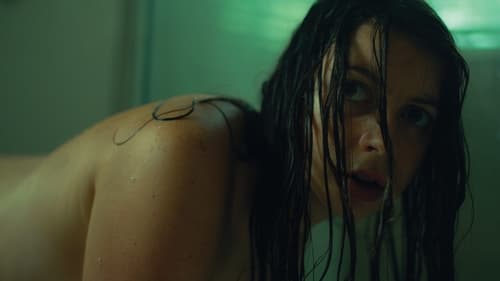
Genevieve attempts to navigate her life with DID, but begins to see flashbacks of memories she had no part in creating. Nervous of how dangerous she may be, she descends into hallucinations as she gets closer to the origin of her trauma.
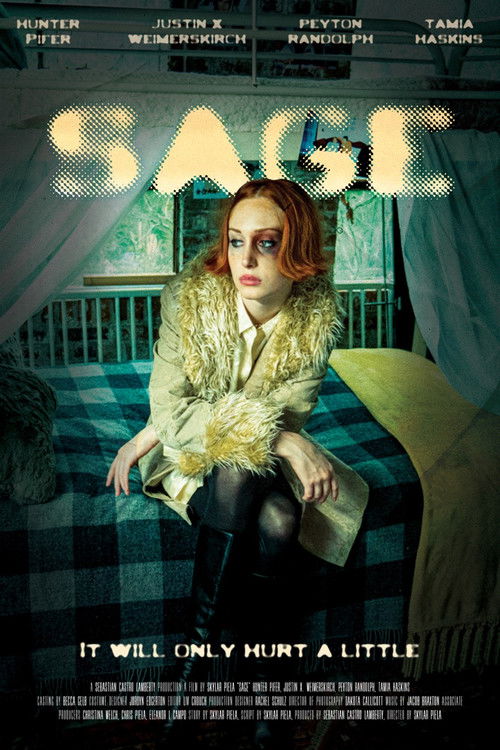
A young transgender woman's pursuit of self-acceptance in the face of societal barriers unfolds in the transformative backdrop of 1990s New York City.
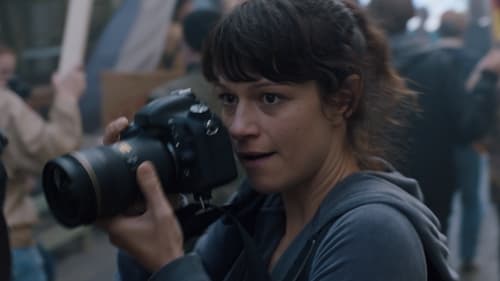
Belgrade, 2022: A photojournalist is threatened by right-wing extremist groups in her Serbian home and flees to Germany with her daughter. But then she also experiences increasing strong threats and attacks in her new home.

The horror film genre’s most iconic Scream Queens are featured in this documentary about women’s roles and triumphs, both on-camera and off.
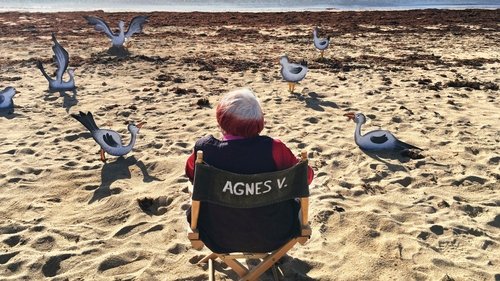
An unpredictable documentary from a fascinating storyteller, Agnès Varda’s last film sheds light on her experience as a director, bringing a personal insight to what she calls "cine-writing," traveling from Rue Daguerre in Paris to Los Angeles and Beijing.
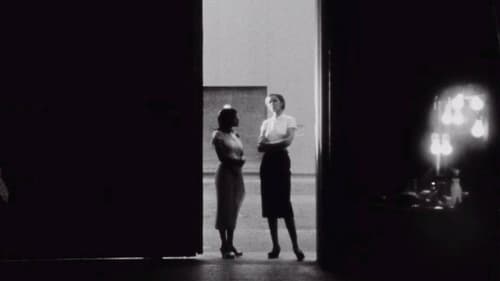
A woman in a Hollywood dubbing studio struggles with race and preconceptions. The short film depicts the life of an African American woman passing as a white woman working in the film industry during the 1940s. It calls attention to the lack of African Americans in the film industry during that era.
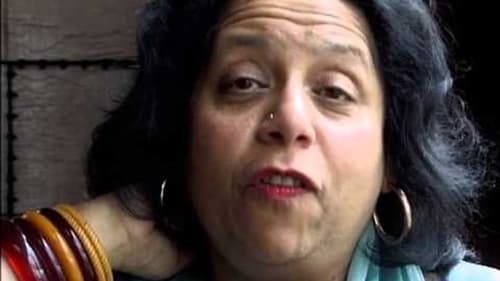
A poetic cine-essay about race and Australia’s colonised history and how it impacts into the present offering insights into how various individuals deal with the traumatic legacies of British colonialism and its race-based policies. The film’s consultative process, with ‘Respecting Cultures’ (Tasmanian Aboriginal Protocols), offers an evolving shift in Australian historical narratives from the frontier wars, to one of diverse peoples working through historical trauma in a process of decolonisation.